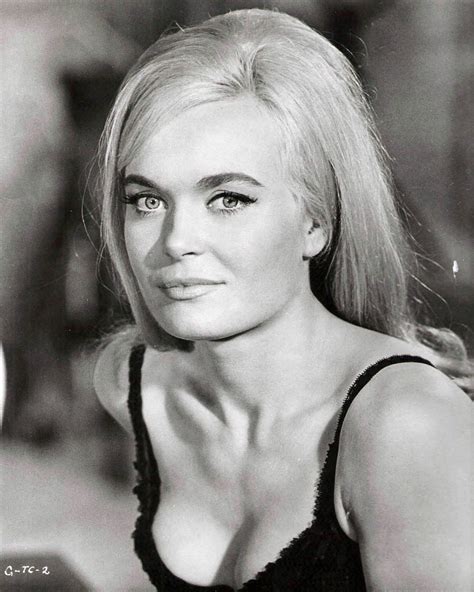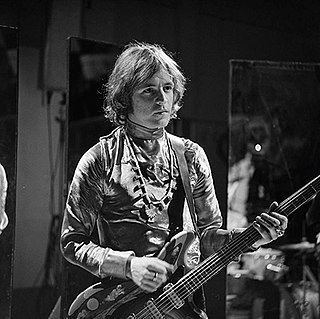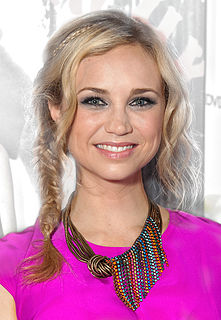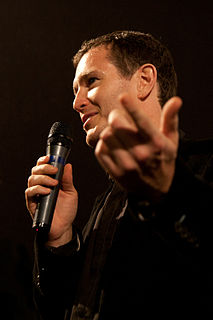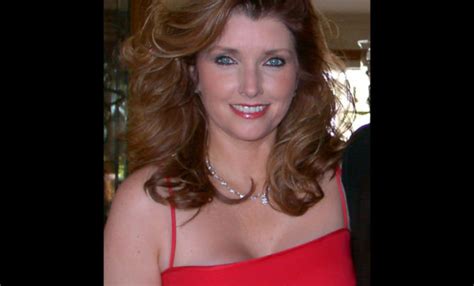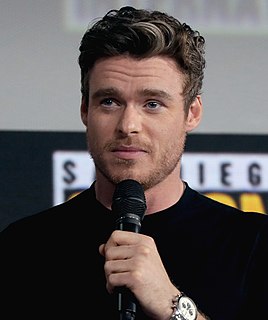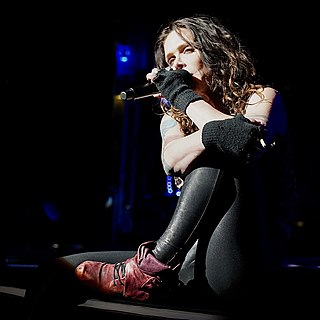A Quote by Shirley Eaton
My mother sent me to dance and drama classes when I was young, and then I got a stage role in 'Set To Partners' when I was 12, followed by Benjamin Britten's 'Let's Make An Opera.'
Related Quotes
First, my frame of reference for the Britten opera shifted. I'd always thought of Britten's approach in Death in Venice as another exploration of the plight of the individual whose aspirations are at odds with those of the surrounding community: his last opera returning to the themes of Peter Grimes. As I read and listened and thought, however, Billy Budd came to seem a more appropriate foil for Death in Venice.
When I was really young, my mom enrolled me in dance classes. "Mom, I'm too young to dance," I told her. She kind of forced me, but I ended up loving it, and after the ?rst lesson I came back and said, "Come on, Mom, I'll show you the box step." That introduced me not just to dancing but also to working with someone without having a goal.
Mentors and apprentices are partners in an ancient human dance, and one of teaching's great rewards is the daily chance it gives us to get back on the dance floor. It is the dance of the spiraling generations, in which the old empower the young with their experience and the young empower the old with new life, reweaving the fabric of the human community as they touch and turn.
